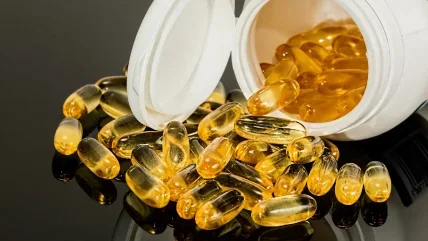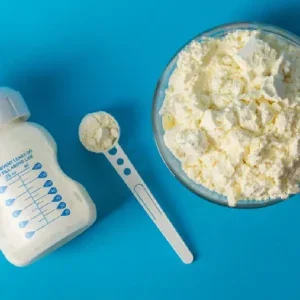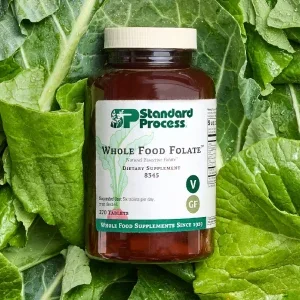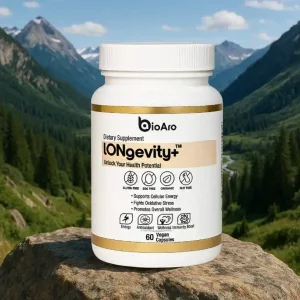
A team of scientists from UK universities found that an ingredient, dubbed inulin-propionate ester (IPE), may promote weight loss, and suppress appetite in younger people.
They recently published a research paper titled ‘Increase in colonic PRopionate as a method of prEVENTing weight gain over 12 months in adults aged 20 to 40 years (iPREVENT).
According to the research, IPE can be added to food to make it more filling, which may be less effective at preventing weight gain in young people but could help them build more muscle.
IPE contains propionate, a short-chain fatty acid produced in the human body when dietary fibre is fermented by gut microbes.
When propionate is taken in larger quantities than it could be ingested in the form of IPE, stimulates the gut to release hormones which can affect the brain to reduce feelings of hunger.
Imperial College London professor, and the study’s lead investigator in London, Gary Frost said: “These findings highlight the complexity of weight gain prevention, particularly in younger adults, where behaviours and energy intake differ from older populations.
“While IPE demonstrated benefits for body composition, its impact on overall weight management appears limited, warranting further research into age-specific interventions for obesity prevention.”
In a previous study on older participants with an average age of 54, the same team of scientists found that IPE supplements helped reduce weight, fat mass and intra-abdominal fat.
The new study, which is longer-term than previous studies, showed some differences in the ways that younger people’s bodies reacted to IPE supplements.
In the new study, 270 participants across Glasgow and London aged 20 to 40 were divided into two groups to receive either IPE or inulin, over 12 months.
The study showed no significant difference in weight gain between the IPE and control groups.
The IPE group saw no reduction in fat mass or body weight, with blood glucose levels also increasing marginally, within normal ranges.
However, researchers found a significant rise in fat-free mass in the participants receiving IPE which is not due to a change in physical activity among either group.
Researchers noted that the results may have been affected by the Covid-19 pandemic, which occurred during the study and may have affected the diets and lifestyles of the participants.
They also mentioned that the dose of IPE, which produced beneficial effects in older people, may have not had the same effect on the metabolisms of the younger participants.
Scottish University Environmental Research Centre (SUERC) and the University of Glasgow professor and one of the paper’s corresponding authors Douglas Morrison said: “Preventing weight gain in early life can have significant health benefits later in life.
“Our previous studies had shown that older people could benefit significantly from adding IPE supplements to their diets, and we were keen to explore in this study whether the results would be similar in younger people.
“Increasing fat-free mass is an interesting and unexpected result which may warrant further study, because building muscle can help improve metabolic health.”






